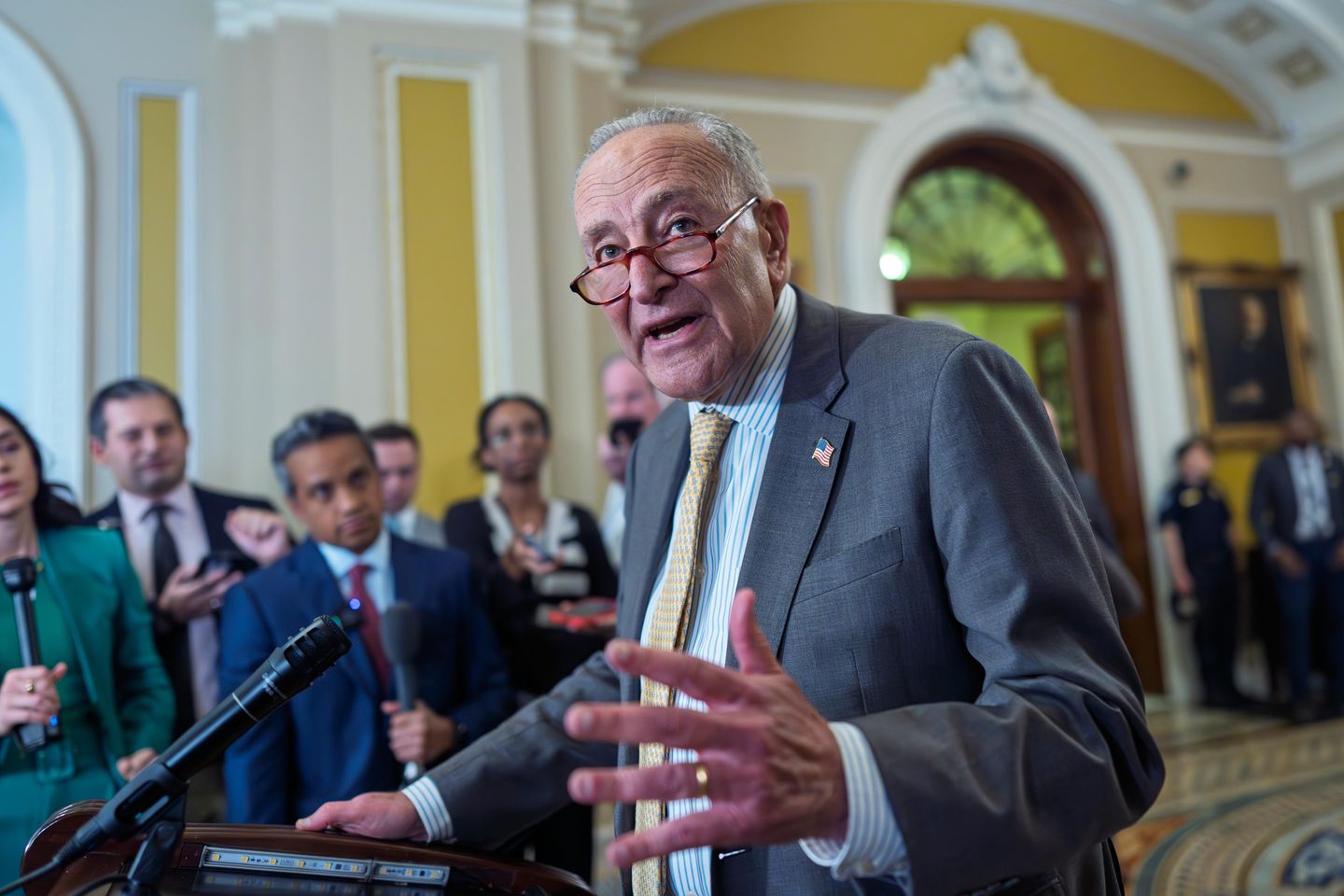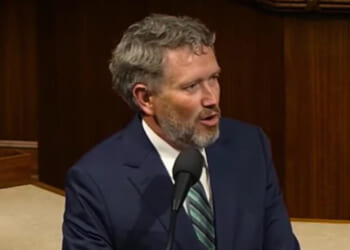
Don’t miss the full story from our staff writers, whose reportage is the basis of this article.
Senate Democrats have invoked a rarely used oversight law called “the rule of five” to force the Department of Justice to release files from the Jeffrey Epstein sex trafficking case. Senate Minority Leader Chuck Schumer and all seven Democrats on the Senate Homeland Security and Governmental Affairs Committee signed a letter to Attorney General Pam Bondi demanding the complete Epstein files be released to the public.
The Democrats are using this legal mechanism after criticizing President Trump and his administration for breaking promises of transparency regarding the Epstein documents. Sen. Schumer characterized the administration’s “evasions, delays, and excuses” as “alarming” and questioned why there is continued evasiveness if there’s nothing to hide.
The rule of five requires executive agencies to release information when requested by at least five members of the Senate’s chief oversight committee. While the law has broad scope, the DOJ could still withhold court-sealed files or law enforcement sensitive information. The Democrats have given the DOJ until August 15 to respond.
Republican Sen. Josh Hawley acknowledged the Democrats’ use of the law is valid but suggested it might be “a stunt” since they released the letter before seeking GOP support. However, he agrees the documents should be released, noting that court-sealed grand jury information likely represents only a small portion of the case files.
This Senate action follows similar House efforts, including a subpoena vote by a House Oversight subcommittee last week. Democrats said they’re acting now because Mr. Trump and his officials promised transparency but failed to deliver, leading to distrust and conspiracy theories.
Attorney General Bondi recently concluded a DOJ and FBI review of the Epstein files but decided against further disclosure, citing court-ordered sealing to protect victims. The department noted that much of the material wouldn’t have been public even if Epstein had gone to trial, and they found no basis to release additional materials.
Mr. Trump had requested courts to unseal grand jury information related to Epstein charges in Florida and New York. A Florida district judge has already denied the request, while the New York case remains pending.
The Epstein case continues to generate significant public interest, with supporters suggesting the files could expose influential associates. Mr. Trump is reportedly named in the files, though the context is unclear. He has denied wrongdoing and claimed he had a falling out with Epstein over stolen Mar-a-Lago employees.
Sen. Richard Blumenthal emphasized that the disclosure effort aims to hold accountable any accomplices in Epstein’s exploitation of minors, stating that “the American people have a right to know who else was involved.”
Read more: Senate Democrats use oversight law to force DOJ to release Epstein files
This article is written with the assistance of generative artificial intelligence based solely on Washington Times original reporting and wire services. For more information, please read our AI policy or contact Ann Wog, Managing Editor for Digital, at awog@washingtontimes.com
The Washington Times AI Ethics Newsroom Committee can be reached at aispotlight@washingtontimes.com.
















